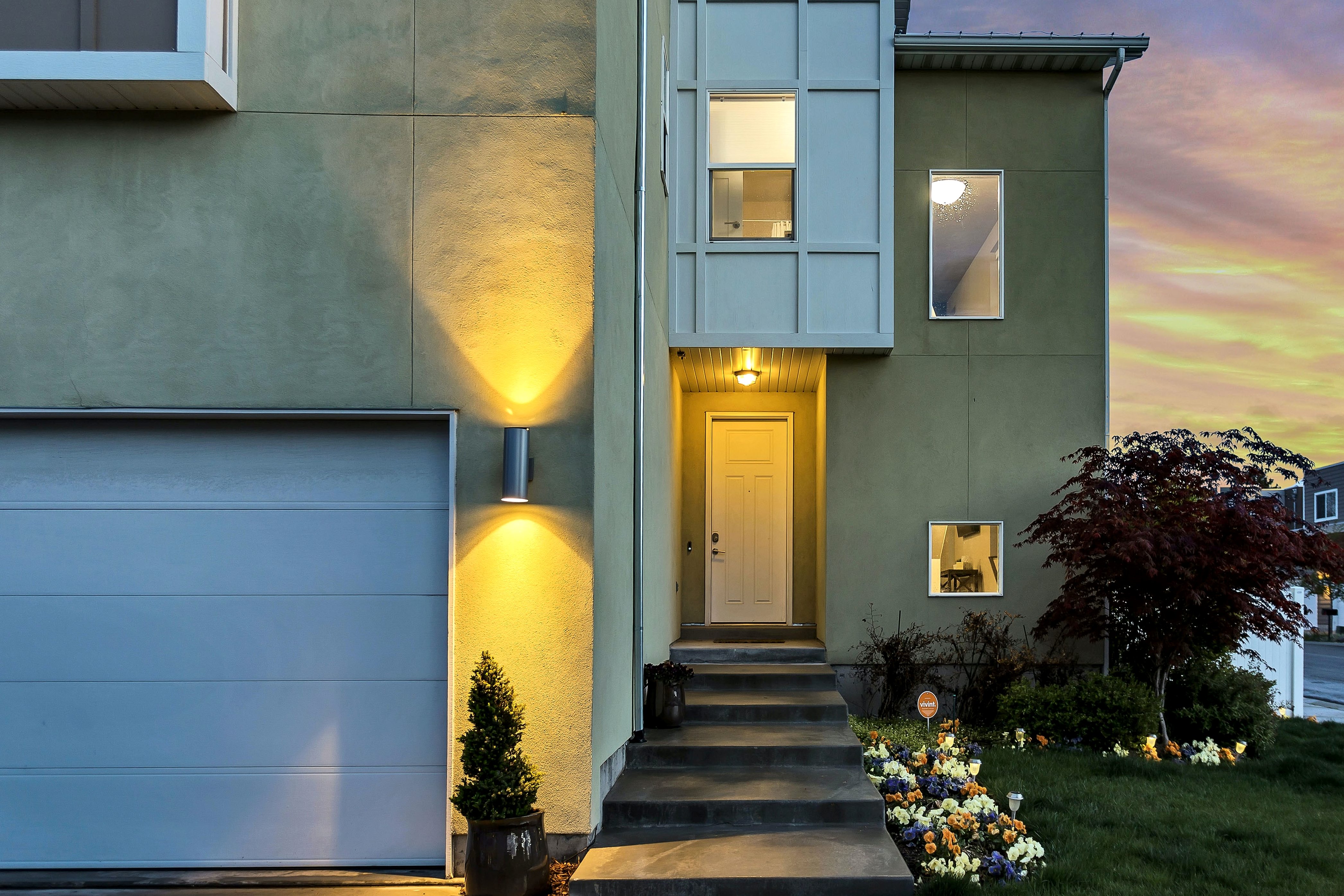
Carbon monoxide poisoning is no joke, and it should not be treated as such. That is why having a carbon monoxide detector is of the utmost importance, although there still exists the risk that you may have suffered from carbon monoxide poisoning even if it is detected. Carbon monoxide poisoning can occur at a number of different places, but what happens if you suffer from carbon monoxide poisoning while you are staying at an Airbnb? Generally, a good rule of thumb when you go to an Airbnb is to check on the fire detector and the carbon monoxide detector just to make sure that they are in working order. It may even be worthwhile to bring along a carbon monoxide detector that you have verified are in working order just to be safe. If you do not have knowledge that the carbon monoxide detector and fire detector are in working order, that is rolling the dice pretty severely with your health as well as the health of your other guests staying with you.
Not everyone knows exactly what carbon monoxide even is, or why it is as big a deal. The threat is not just in its presence but also in how difficult it is to tell without the use of a carbon monoxide detector. Basically, carbon monoxide does not have a taste, so that is one sense that is useless for detecting it. You cannot feel its presence through touch, so that is another limitation. It is odorless, so that rules out smelling. And worse yet? It's completely invisible, making it undetectable to the naked eye. An aspect of carbon monoxide that makes it an even bigger risk is that it does not take all that much present in the air for it to be dangerous. Unlike a lot of other gases, carbon monoxide only requires that you encounter a small amount before it can pose a threat to you, so you have to be extra diligent with how you handle potential exposure. Carbon monoxide can be produced through a number of means, including gas-burning stoves, automobile engines, and heating systems (among others), so care must be used when using these things.
Whenever you spend time at another place, you run the risk of exposure to carbon monoxide poisoning, however large or small the risk is. In a place such as a hotel, you may—but are not guaranteed to—run a smaller risk due to greater degree of regulation and more stringent management that leads to the potential of carbon monoxide reduction efforts being taken seriously. Indeed, hotels have a certain legal standard that they are expected to meet; and if they fail to meet that standard, they could face serious trouble. In an Airbnb, however, the risk is far greater as you do not necessarily have as stringent of concern for that potential. There are still the same expectations that their guests must be kept safe from the potential of carbon monoxide poisoning, but only in certain states.
On top of that, the expectation of a carbon monoxide detector only really exists in the event that an Airbnb is a higher-end one, but it is harder to verify that it is because the people who would verify this don't have as much access to an Airbnb as they do to a hotel. An Airbnb host could potentially have no idea that carbon monoxide poisoning is a serious issue, so they may take no care to prevent it. It certainly would not be the first time that an Airbnb host has made a serious mistake or showed dangerous ignorance. Airbnb will provide a carbon monoxide detector to Airbnb hosts who request one for free, which does a world of good to help encourage them to include it as part of the experience. A general tip is to avoid anything that you suspect could produce a carbon monoxide poisoning problem if at all possible. If you do get an Airbnb with an item that may cause carbon dioxide poisoning such as a generator, charcoal grill, or even a clothes dryer, take care with using them or just avoid using them if it can be helped. If the place does not have a carbon monoxide detector, this can also pose a serious risk.
In the event that an Airbnb that you attended has not taken care to prevent carbon monoxide poisoning, and you have run afoul of it, you may be able to receive compensatory damages for it, particularly if they were supposed to. In the latter instance, it could be used not only to show ignorance, but negligence as well, as the other party had cause to believe that the lack of working detectors could create a serious risk and left it out anyway.
EDITORIAL POLICY
Editorial Policy: The Flash List is dedicated to providing trustworthy editorial content by maintaining strict ethical standards, journalistic integrity, and credible professionalism regardless of any remuneration as working media. The Flash List is not affiliated with third-party companies mentioned and makes no endorsement or guarantee expressed or implied. The preceding article is intended for informational reference only, and does not constitute advice of any kind. Moreover, a qualified professional should be consulted regarding any lifestyle consideration, medical treatment, or monetary transaction, etc. Content contains affiliated link(s) for which compensation was received in accordance with USFTC regulations and terms and conditions.
MORE ON THE FLASH LIST
































